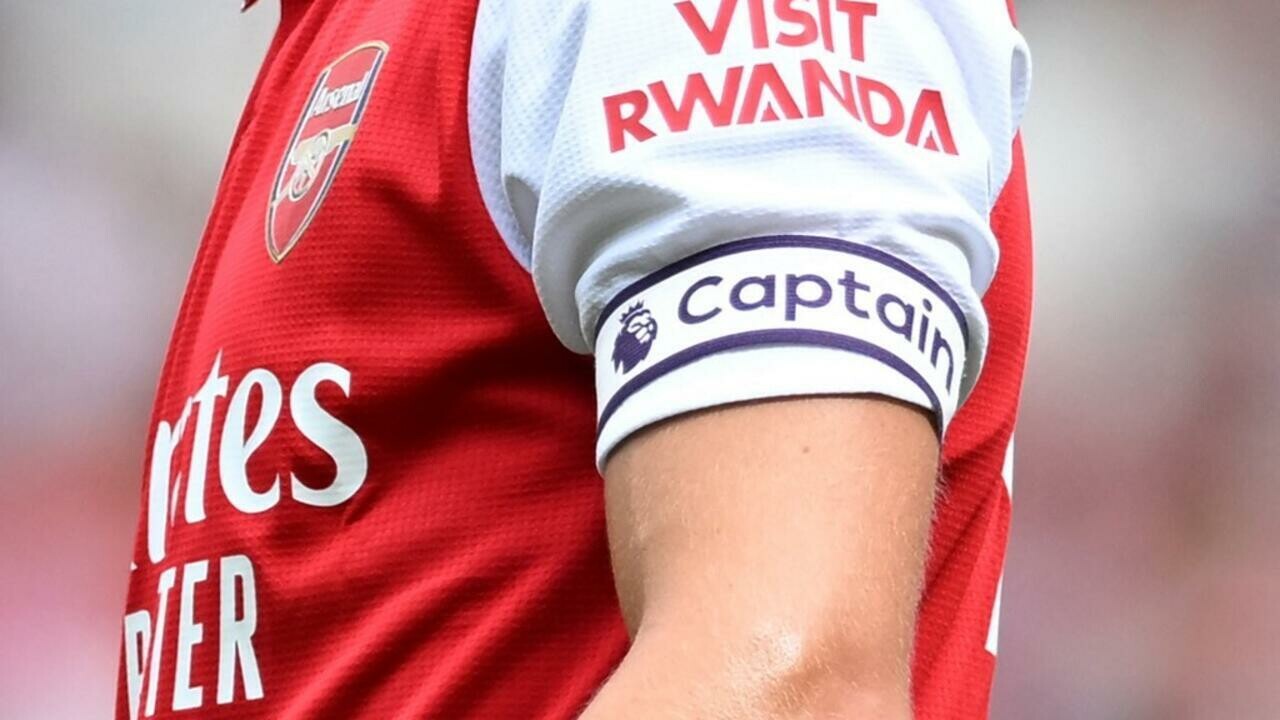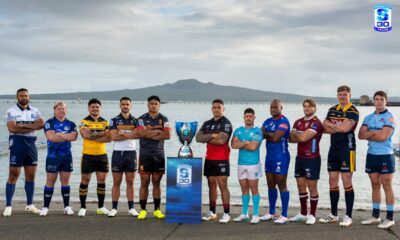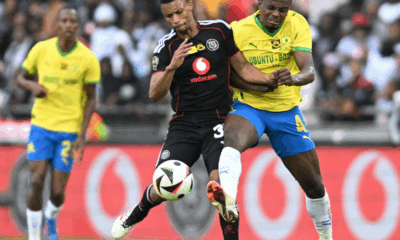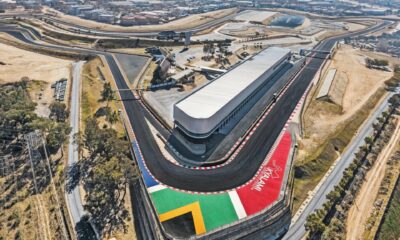Travel
Do Football Sponsorships Really Score for African Tourism?

Every weekend, billions of eyes are glued to European football. From Soweto taverns to Lagos bars, the English Premier League and UEFA nights have become more than sport they’re shared rituals. But for African tourism boards, those same matches have become high-stakes advertising boards. The big question is whether sponsorship deals with global clubs actually deliver tourists, or simply drain national budgets.
Rwanda: A Case Study in Strategy
Rwanda was the first African country to go all in, partnering with Arsenal in 2018 at a reported £10 million a year. Many critics scoffed at the time why would a small East African nation spend its development budget on football shirts in London?
Fast-forward to today, and the numbers are starting to speak. Tourism revenue rebounded from $445 million in 2022 to around $620 million in 2023. Rwanda credits much of that rebound to its football partnerships with Arsenal, PSG and Bayern Munich.
Unlike countries that just slap a logo on a kit, Rwanda has activated its sponsorships in creative ways: fan days in London and Paris, Arsenal player visits to Kigali, and even a Bayern Munich academy training local talent. Instead of a distant logo, Rwanda wove its brand into fan culture, tourism marketing and community projects.
DRC and Barcelona: Following the Playbook
The Democratic Republic of Congo has taken a page from Rwanda’s book, signing a four-year €40 million partnership with FC Barcelona. The deal includes youth programmes and branding at Camp Nou. Whether it will actually boost visitor arrivals depends on how well DRC can “sweat the asset” using every part of the deal for measurable returns.
Observers are watching closely to see if the DRC can avoid the pitfalls of vague KPIs and deliver actual increases in arrivals and spending.
South Africa’s Tottenham Collapse
South Africa’s flirtation with a Tottenham Hotspur sponsorship showed the risks of poorly executed deals. The proposal fell apart amid political backlash, with critics questioning why millions would be spent abroad while local tourism challenges remain unresolved.
Economists had argued the deal could have paid for itself if it attracted 50 000 high-value tourists over three years. But without political buy-in and transparency, the project never got off the ground.
Social media reactions were brutal at the time, with many South Africans ridiculing the plan as a “PR stunt” while calling for investment in domestic tourism infrastructure.
Lessons from the Field
Marketing experts argue that sponsorships are neither magic bullets nor wastes of money they’re tools that only work inside a bigger tourism strategy. Rick Taylor, CEO of The Business Tourism Company, says the formula must follow the old-school AIDA principle: Awareness, Interest, Desire and Action.
“Done right, sponsorships can shift global perceptions, attract eco-tourists and business travellers, and give countries a place on the international stage,” Taylor explains. “Done wrong, they’re just logos on shirts.”
Beyond Football: Africa’s Bigger Play
Football sponsorships are only part of a wider African trend of using global sport to rebrand nations. South Africa’s 2010 FIFA World Cup transformed its image and built infrastructure that still powers tourism today. Rwanda and Senegal are investing in Basketball Africa League arenas, while Kenya is still searching for its signature global event.
These investments are about more than economics. They’re about rewriting Africa’s narrative from “dark continent” to a destination rich in culture, cuisine and creativity.
The Bottom Line
Football sponsorships can work Rwanda proves it but only when paired with strategy, activation and clear metrics. Without those, they risk being little more than expensive patches on foreign jerseys.
For African nations looking to score with global audiences, the lesson is simple: sponsorship must be part of a long game, not a quick fix.
Source:Tourism Update
Follow Joburg ETC on Facebook, Twitter , TikTok and Instagram
For more News in Johannesburg, visit joburgetc.com



























